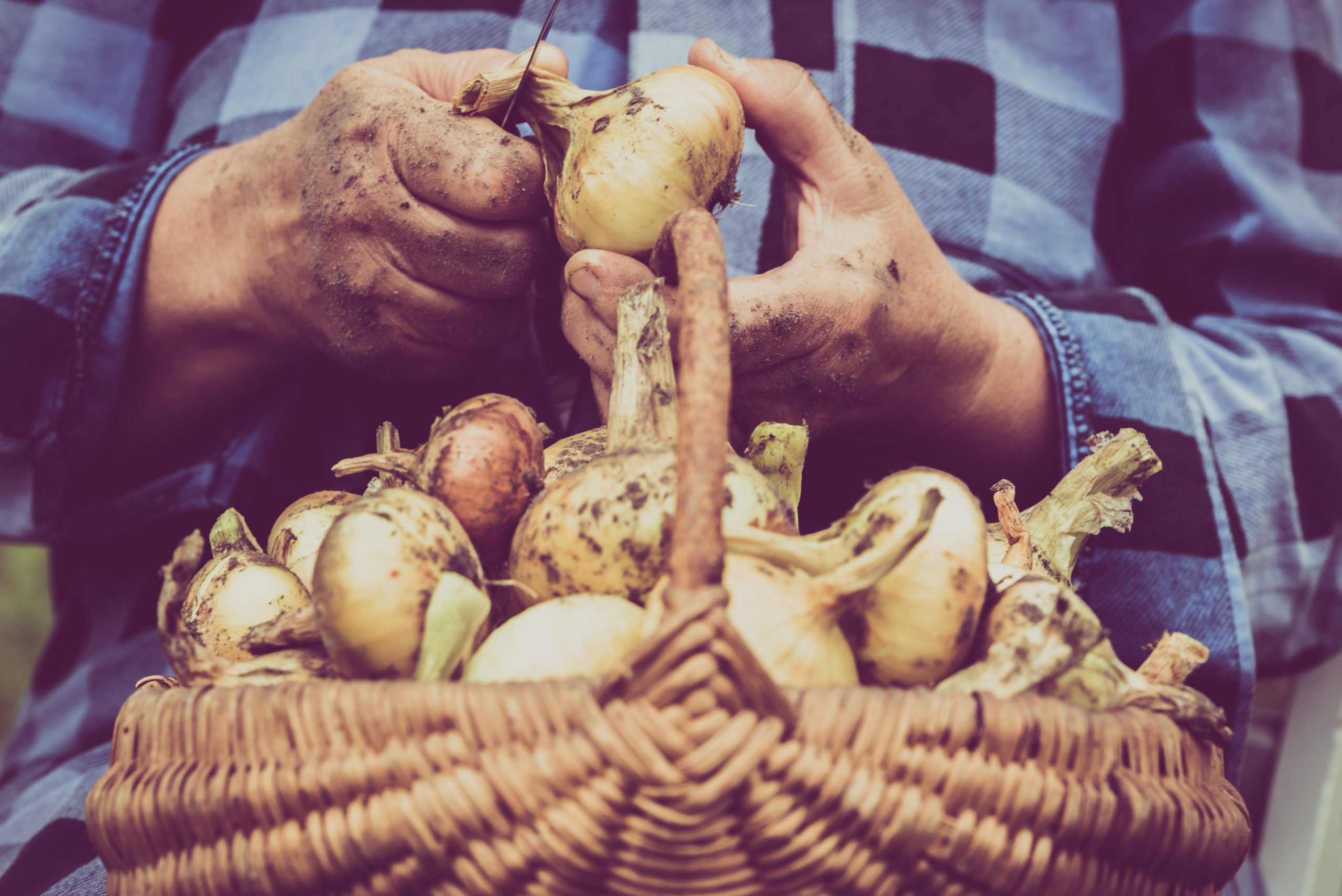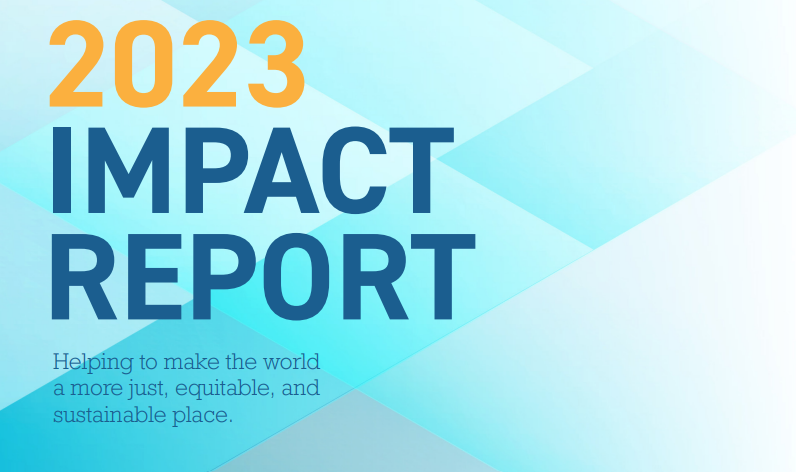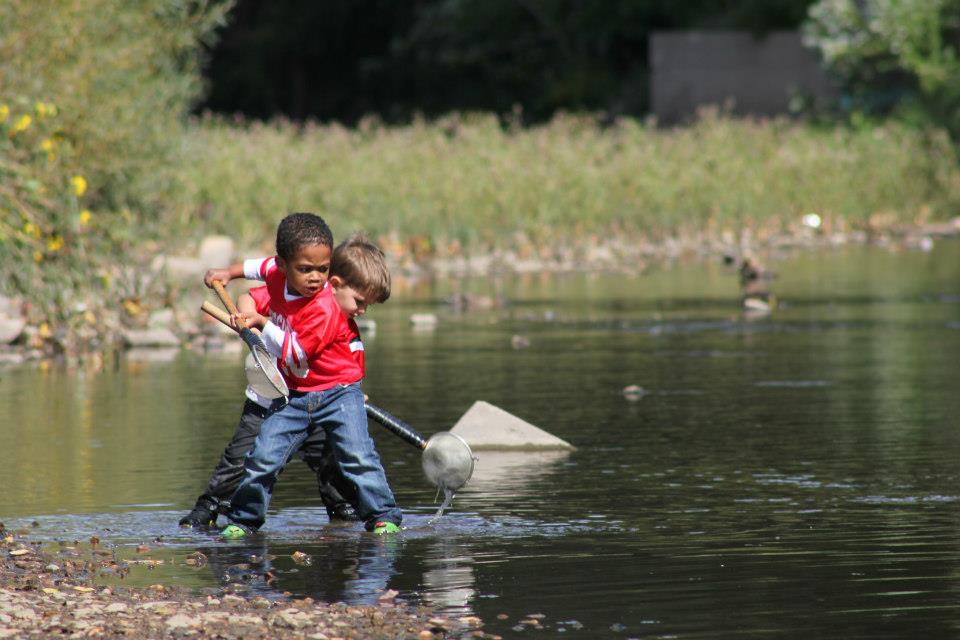This post originally appeared on the Arabella Advisors blog.
Authors: Shayna Keller, Director, Advisory Services at Arabella Advisors, and Colby Duren, Director of the Indigenous Food and Agriculture Initiative
Food sovereignty is Native peoples’ right to food that is healthy, culturally appropriate, sustainably produced, and equitably distributed. Such sovereignty is vital in restoring Native communities’ wellness and economic prosperity. As Native communities begin to rebuild in the wake of the COVID-19 pandemic, maintaining and increasing access to healthy food will be a cornerstone of recovery efforts.
Years of federal discrimination and underinvestment in essential food and health infrastructure in Indian Country have left Native people disproportionately vulnerable to the effects of the COVID-19 pandemic. As is so often the case, the keys to recovery lie within Native leaders’ hands, and philanthropists now have a unique opportunity to invest in the many transformational food sovereignty efforts already underway. To help grow investment in this work, the Indigenous Food and Agriculture Initiative (IFAI) and IllumiNative, with the generous support of the Robert Wood Johnson Foundation, have partnered to create a new asset map tool to educate funders about these promising, Native-led, high-impact health equity and food sovereignty initiatives.
The exceptional leadership in Indian Country is often invisible to and therefore systematically underfunded by philanthropy. Funders are increasingly aware of the striking inequities Native peoples face and the patterns of giving in philanthropy that reinforce historical and systemic health disparities. Yet while many funders are committed to redressing these patterns in their own grant making, most lack the knowledge of and relationships with Native-led organizations needed to start this journey. Funders are eager to learn about the most promising, effective, Native-led solutions to food and nutrition challenges, yet they are only aware of a small sliver of the work happening in Indian Country.
Crystal Echo Hawk, founder of IllumiNative, a project of the New Venture Fund, has talked about the impact of underinvestment and attention from philanthropy in Native communities. “Our research has shown that less than 0.3 percent of philanthropic resources goes to Native communities—and two-thirds of that funding goes to non-Native organizations. The asset map can help guide support into the hands of Native organizations that are leading the way in innovative food initiatives.”
This new asset map tool provides funders with a user-friendly database of high-impact leaders and organizations in Indian Country, reducing barriers to investment in Native-led solutions. In collaboration with Arabella Advisors, IllumiNative and IFAI gathered feedback from funders to understand what information, resources, and functionality could best help the funders explore opportunities to expand their food and nutrition work with Native communities.
The tool’s design and functionality reflect what funders shared. At its core, the asset map is a community-driven, funder-focused resource that elevates innovative, high-impact food sovereignty, nutrition, and health-equity initiatives throughout Indian Country. This comprehensive tool helps funders see a much more extensive universe of organizations than they otherwise could, and it positions them to quickly identify well-aligned opportunities for investment. Ultimately, funders can use the asset map to build connections and initiate dialogue with people and projects that they may otherwise have overlooked.
Developing and aggregating the asset map’s content was a community-driven, peer-reviewed process; leaders from within Indian Country collectively nominated and vetted initiatives to include. The tool’s “profiles in innovation” highlight some of these initiatives, reflecting critical work happening in the field and representing a diverse range of leaders and projects across sovereign tribes and nations. The tool’s other features respond to the needs Arabella heard funders articulate: geographic filters to help locally or regionally focused funders identify relevant, strategically aligned opportunities; a wealth of information and research on the most pressing health equity and food sovereignty issues facing Indian Country; and guides and resources on funding and collaborating with tribes and Native-led organizations. Echo Hawk said, “We are so proud to work closely with partners like Arabella and IFAI to create a resource that can showcase the resilience and strength of Indian Country.”
This tool is a unique contribution to the growing ecosystem of support for philanthropy in Indian Country. It is the result of a cross-sector partnership between philanthropy, the nonprofit sector, and academia that reveals new areas of opportunity based on the collective intelligence of Native leaders’ and community members’ input. It builds upon years of research, asset mapping, and thought leadership from IFAI and Echo Hawk Consulting, design from Buffalo Nickel Creative, and funder research from Arabella Advisors, all with support from major funders such as the W.K. Kellogg Foundation and the Robert Wood Johnson Foundation. Collectively, this group of collaborators is proud to have built a resource that all hope will advance health and well-being in Indian Country.



